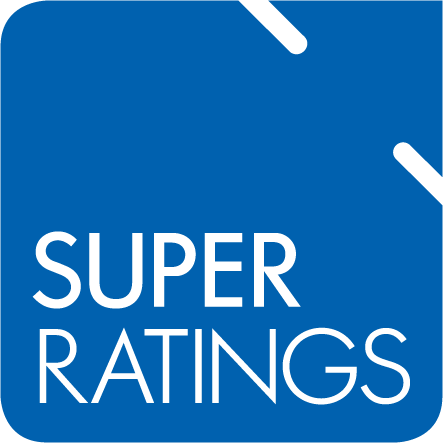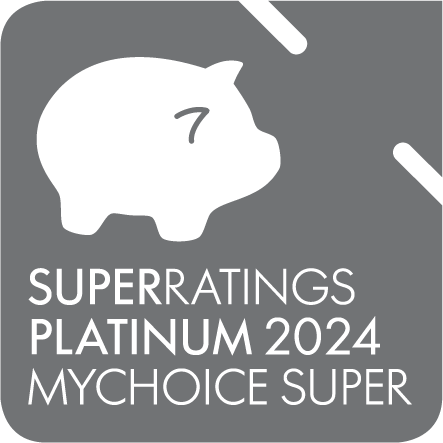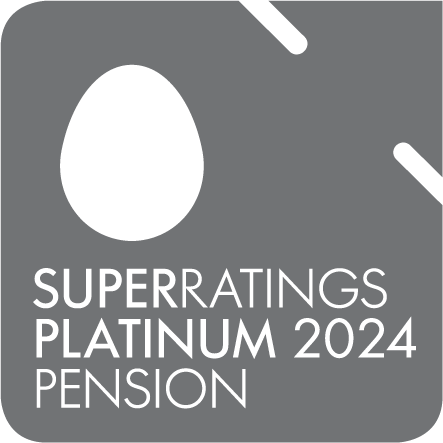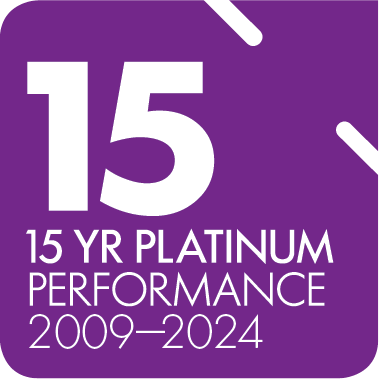| We acknowledge all First Peoples of the beautiful lands on which we live and work, and their enduring knowledge and connections to Country. We honour the wisdom of and pay respect to Elders past and present. |  |  |
Inheritance and estate tax in Australia

There’s never an easy time to talk about a family member passing away. Add money and inheritance to the conversation and most people would rather avoid the topic altogether. We understand. But we also know that planning ahead can save your family a lot of stress and unnecessary bills down the line. Especially when it comes to taxes, inheritance, and the distribution of assets.
Here are some things to keep in mind when thinking about the future.
Understanding the basics
Most developed countries have an inheritance (or estate) tax. That is, a direct tax on the total value of a deceased person's money and property that is paid out to the government before any distribution to beneficiaries. This tax can run as high as 55% in Japan, although the UK’s number isn’t too far behind at 40%.
Australia is an outlier, in that we don’t currently have any kind of inheritance tax. Whatever assets are passed down to family members, whether that’s property, cash, shares or otherwise, are exempt from any direct tax.
The caveat is that any change to a person’s financial position following on from an inheritance will be subject to the usual taxes, including interest earned, capital gains, etc. So, if you inherit a share portfolio, or a sum of cash that generates interest, you’ll be obliged to pay the relevant taxes on any earnings it generates.
Inheritance tax in Australia
Australia had an inheritance tax until 1979. But when Queensland Premier Sir Joh Bjelke-Petersen abolished all inheritance and gift taxes in the mid-70s to attract interstate migrants, the Federal Government responded by abolishing those same taxes nationally.
30 years later, the 2010 Henry Tax Review noted that the lack of inheritance tax had significant future implications. It found "large asset accumulations" ended in the hands of a relatively small number of people, and noted that inheritances were likely to rise from $22 billion in 2010 to $85 billion in 2030.
While there has been some discussion about the reintroduction of an inheritance tax, it’s not seen as a politically feasible policy from either of the major parties. Indeed, the Grattan Institute’s Budget Policy Director, Danielle Wood, described such a tax as "heinously unpopular" at the ballot box even while supporting the budgetary upside.
Inheritance tax around the world
Other developed nations have maintained inheritance taxes of varying amounts. The top five nations are outlined below.
| Country | Inheritance tax |
|---|---|
| Japan | 55% |
| South Korea | 50% |
| France | 45% |
| United Kingdom | 40% |
| United States | 40% |
Those numbers don’t tell the whole story. Most countries have a sliding scale based on the value of the estate. In the U.S. you would need assets worth $11 million USD (approximately $15 million AUD), to reach the upper end of the spectrum.
On the other end of the spectrum, the United Kingdom applies an inheritance tax on any estate above £325,000 GBP (approximately $570,000 AUD), and imposes a 40% tax on any sums above that threshold.
The Organisation for Economic Co-operation and Development (OECD) average is 15%. But again, that number varies wildly based on the inheritance, and the country.
Planning for the future
Australia may not have an inheritance tax, but the distribution of wealth after someone’s passing can still have a significant impact on the beneficiaries. This includes tax implications from additional income as well as capital gains from the sale of assets.
In some instances, superannuation inheritances may also be taxed. While there’s no tax when super is paid to the surviving partner after their spouse has died, the rules are less clear when it comes to non-dependents, for example children over 18 who are not financially dependent on the deceased. In these scenarios at least some of the super death benefit may be taxed.
Where to start?
None of this is particularly clear cut or easy, which is why it’s best to seek professional advice when it comes to inheritances. A small fee up front can potentially save you tens of thousands of dollars in the long-term.
Any figures quoted are correct at the time of writing but may be subject to change.
Authorised by Togethr Trustees Pty Ltd (ABN 64 006 964 049; AFSL 246383) ('Trustee') the trustee of the Equipsuper Superannuation Fund (ABN 33 813 823 017). Catholic Super is a division of the Equipsuper Superannuation Fund (ABN 33 813 823 017). Financial advice services may be provided to members by the trustee's related entity.
Togethr Financial Planning Pty Ltd (ABN 84 124 491 078; AFSL 455010). The information contained herein is general information only. It has been prepared without taking into account your personal investment objectives, financial situation, or needs. It is not intended to be, and should not be, construed in any way as investment, legal or financial advice. Please consider your personal position, objectives, and requirements before taking any action. Past performance is not a reliable indicator of future performance.
© 2020 Togethr Trustees Pty Ltd. For further information please our contact our Service Centre on 1300 655 002 or visit our website: csf.com.au.







